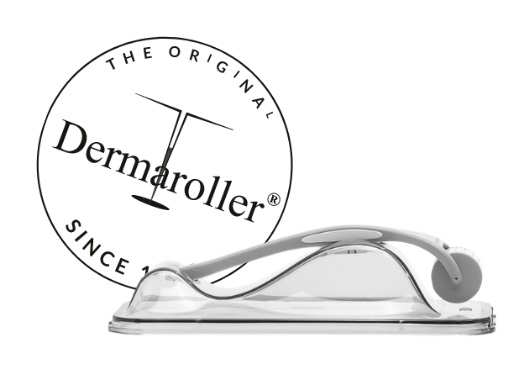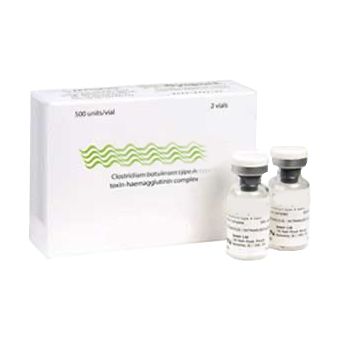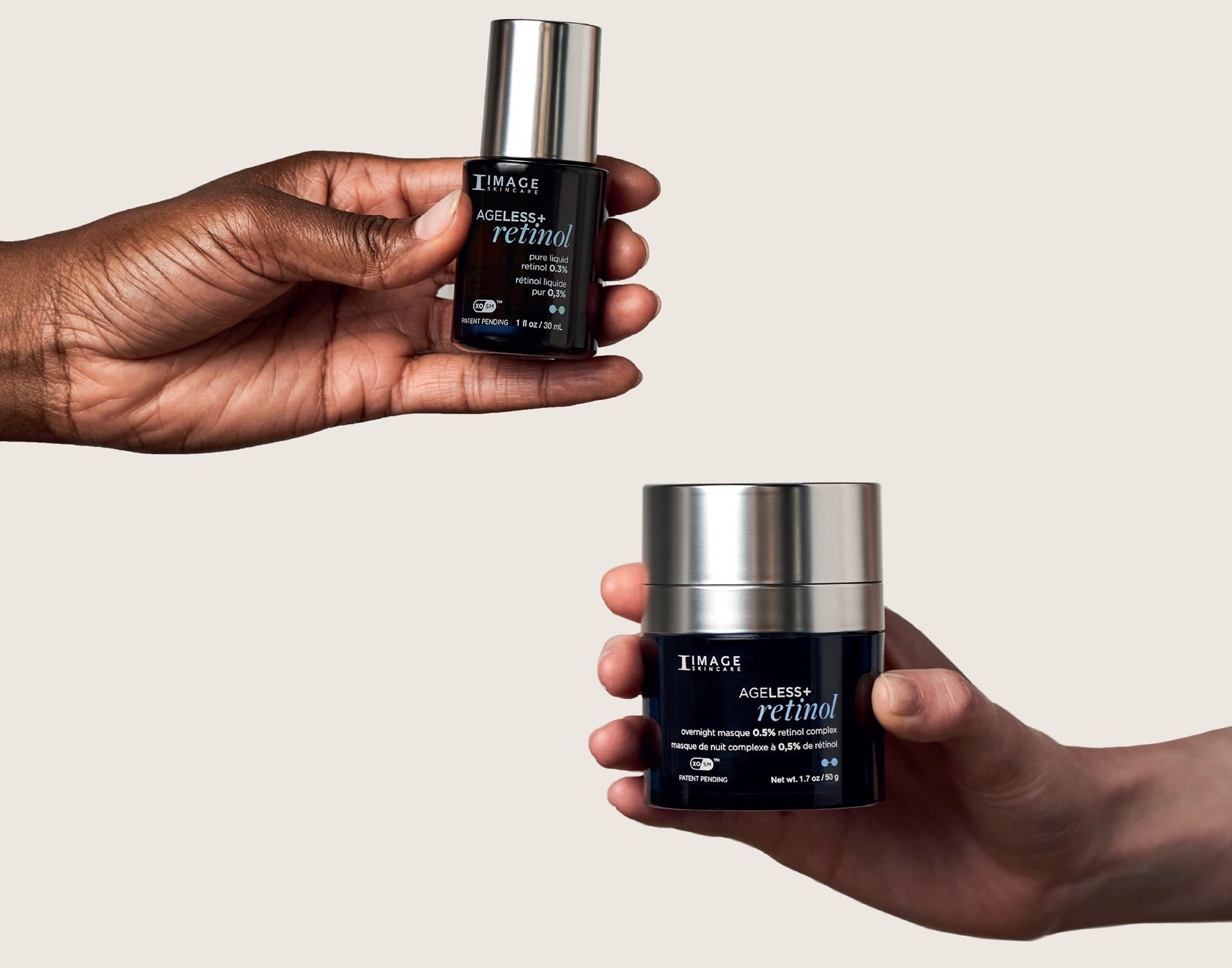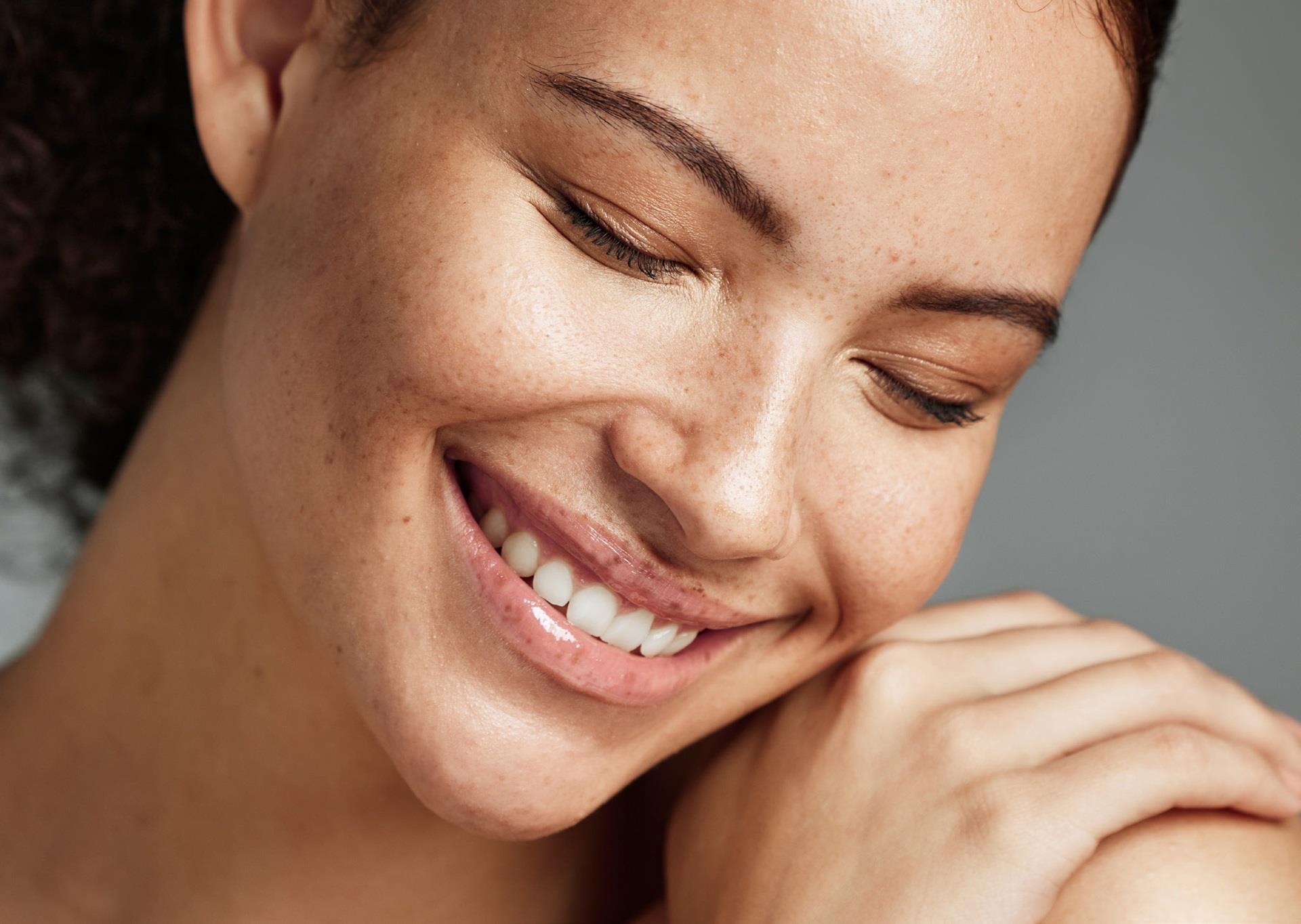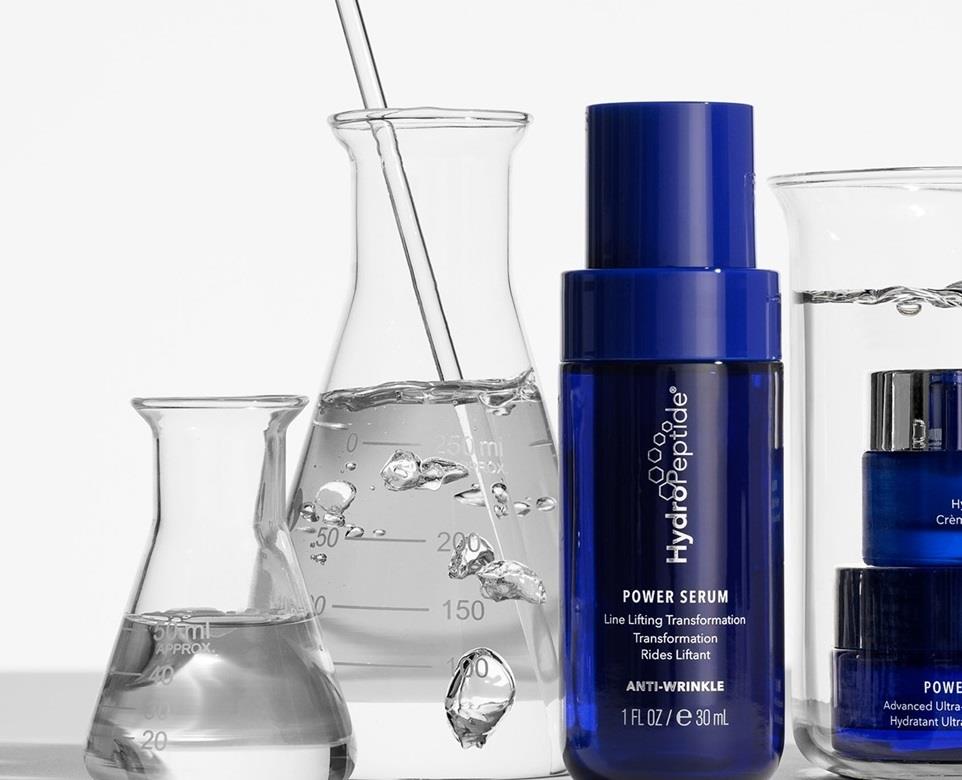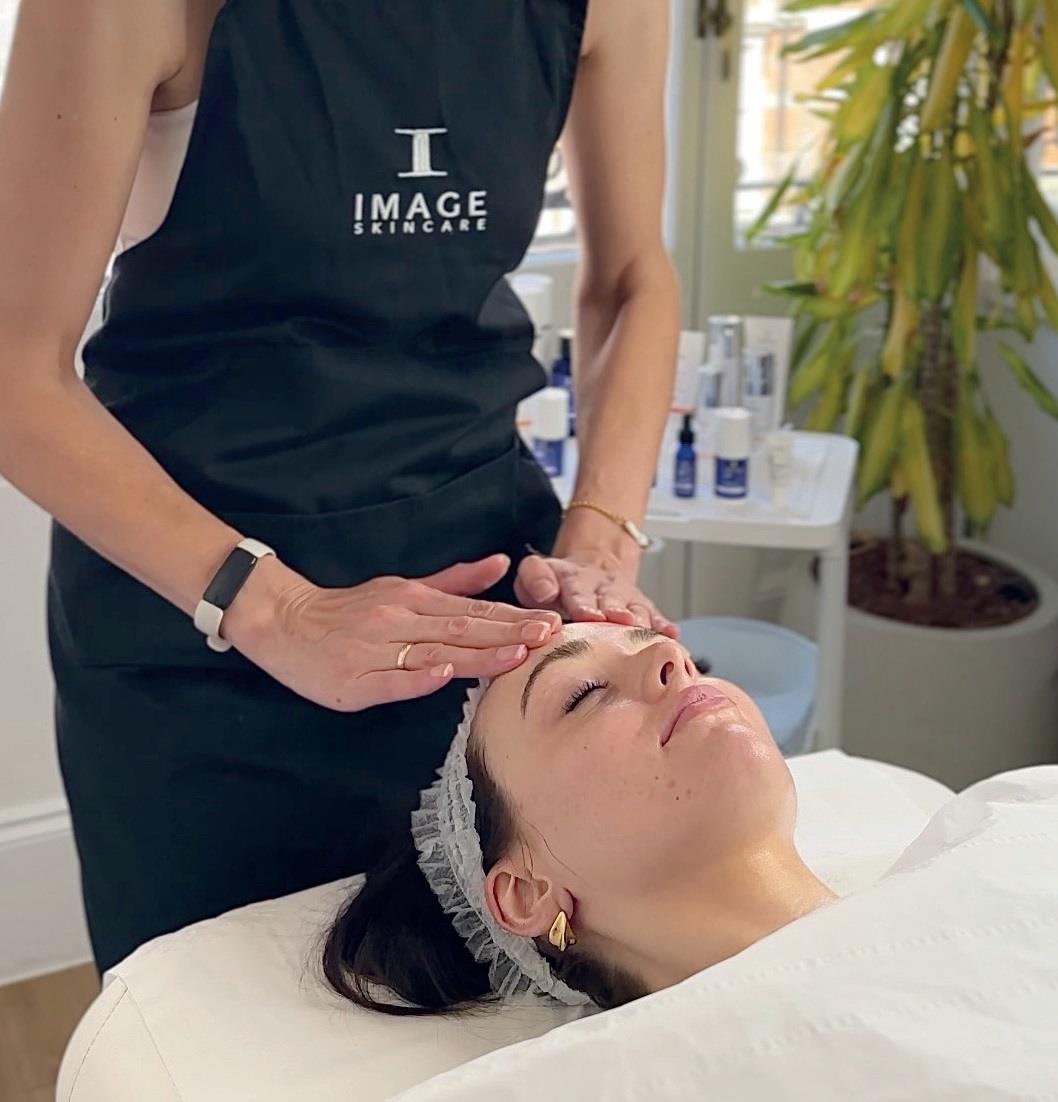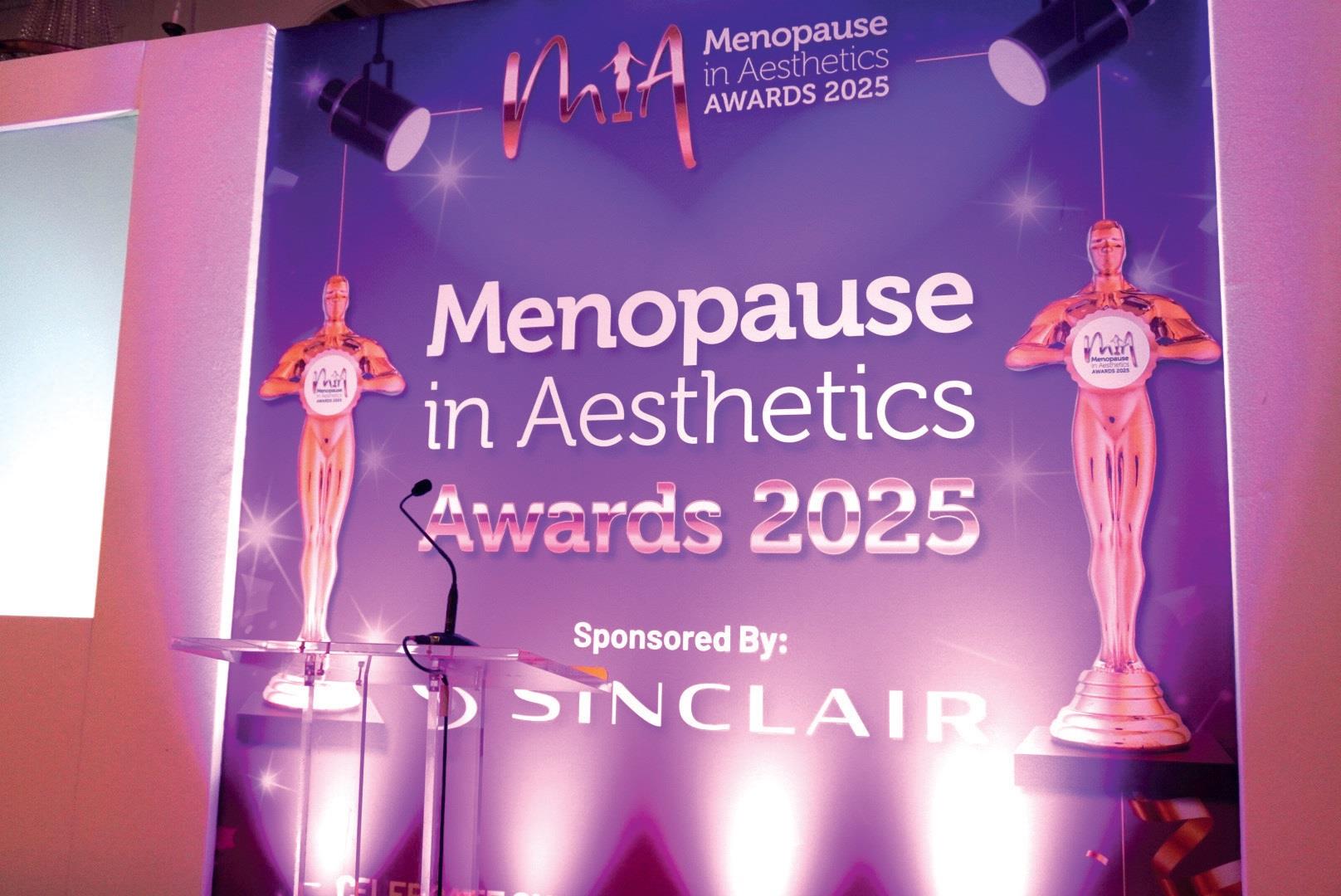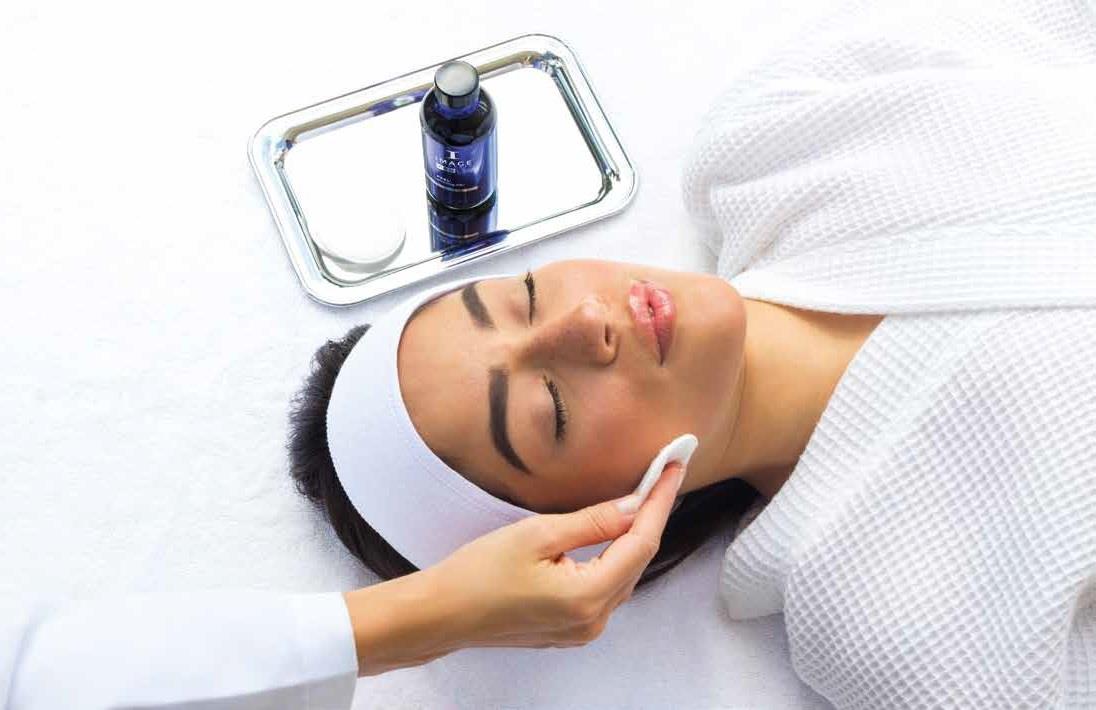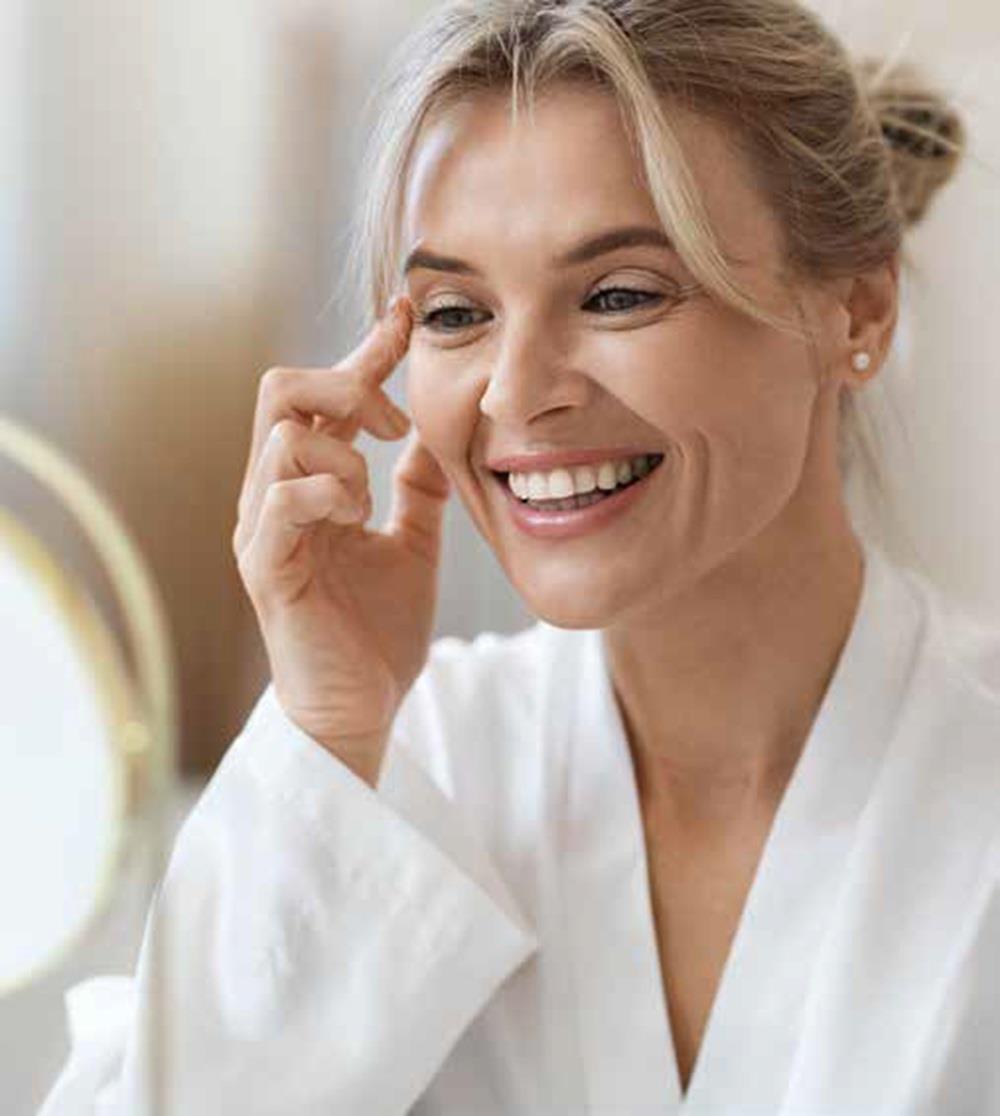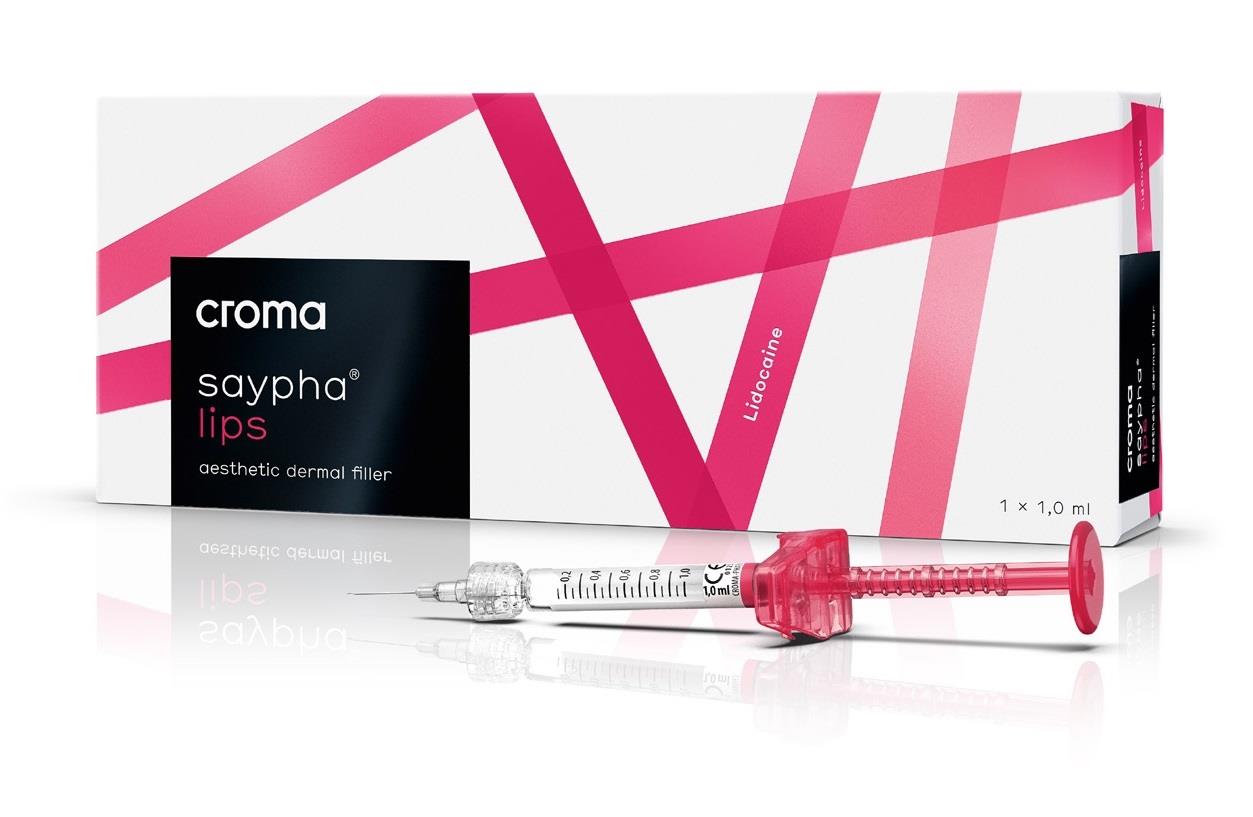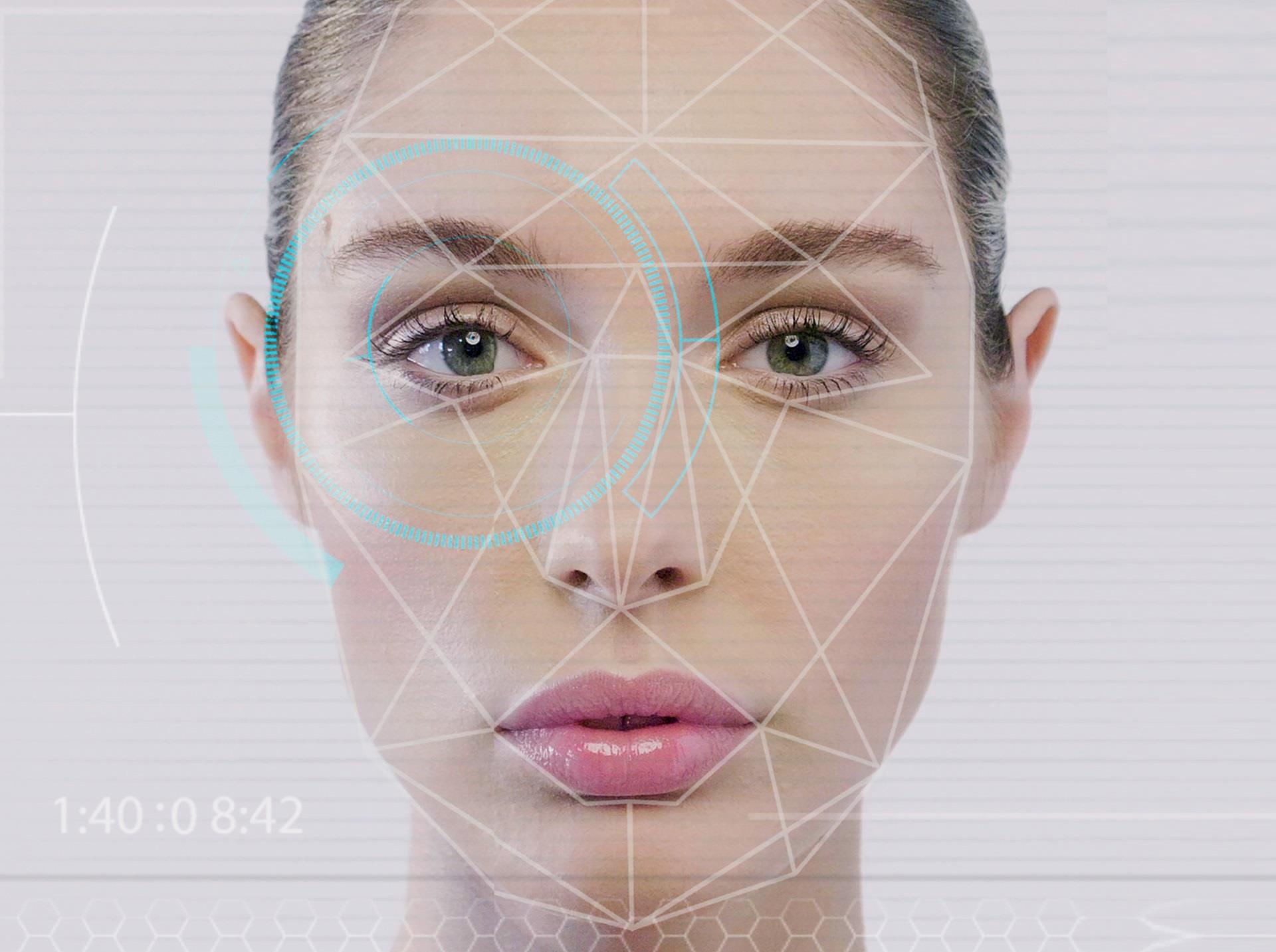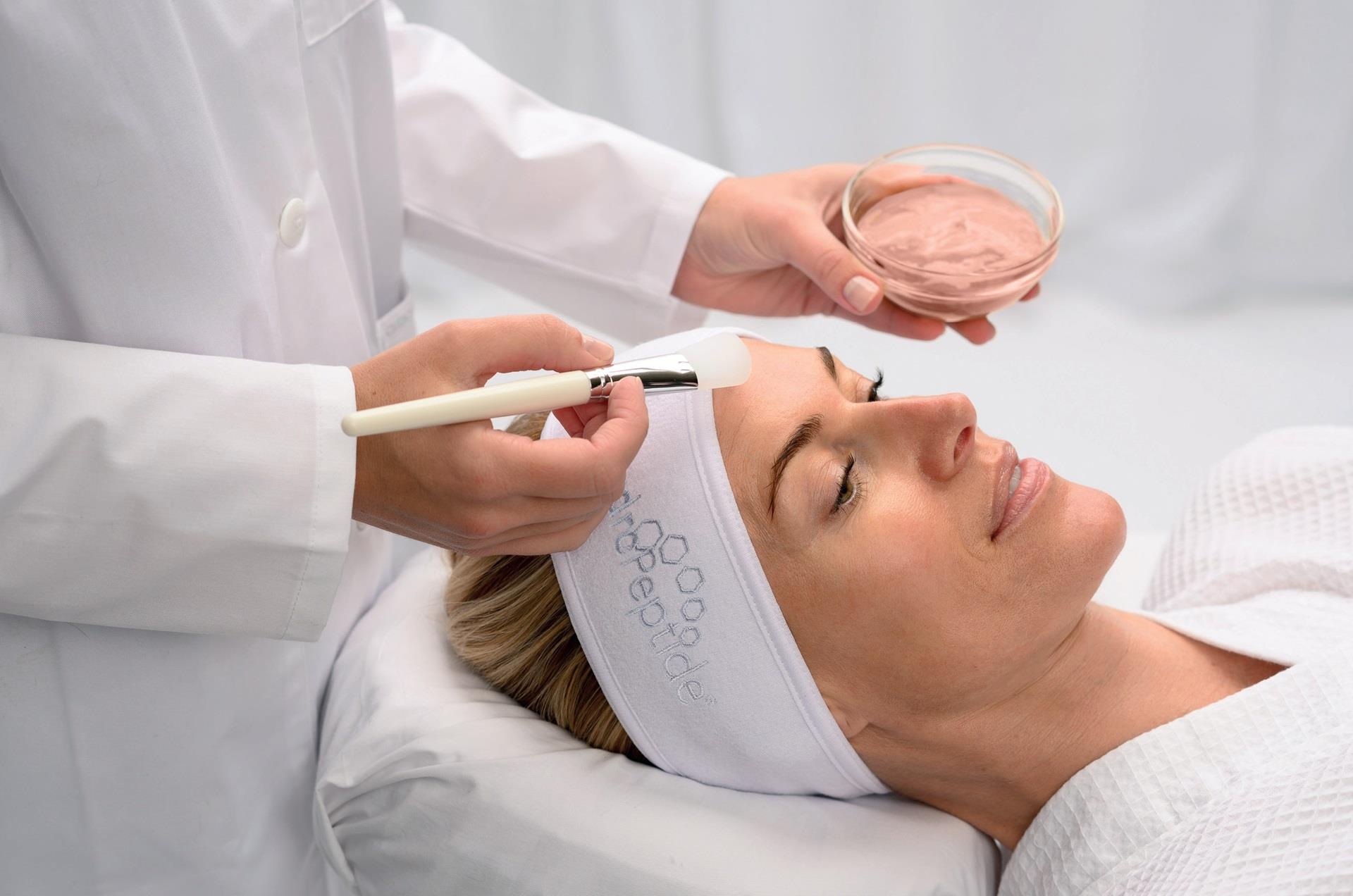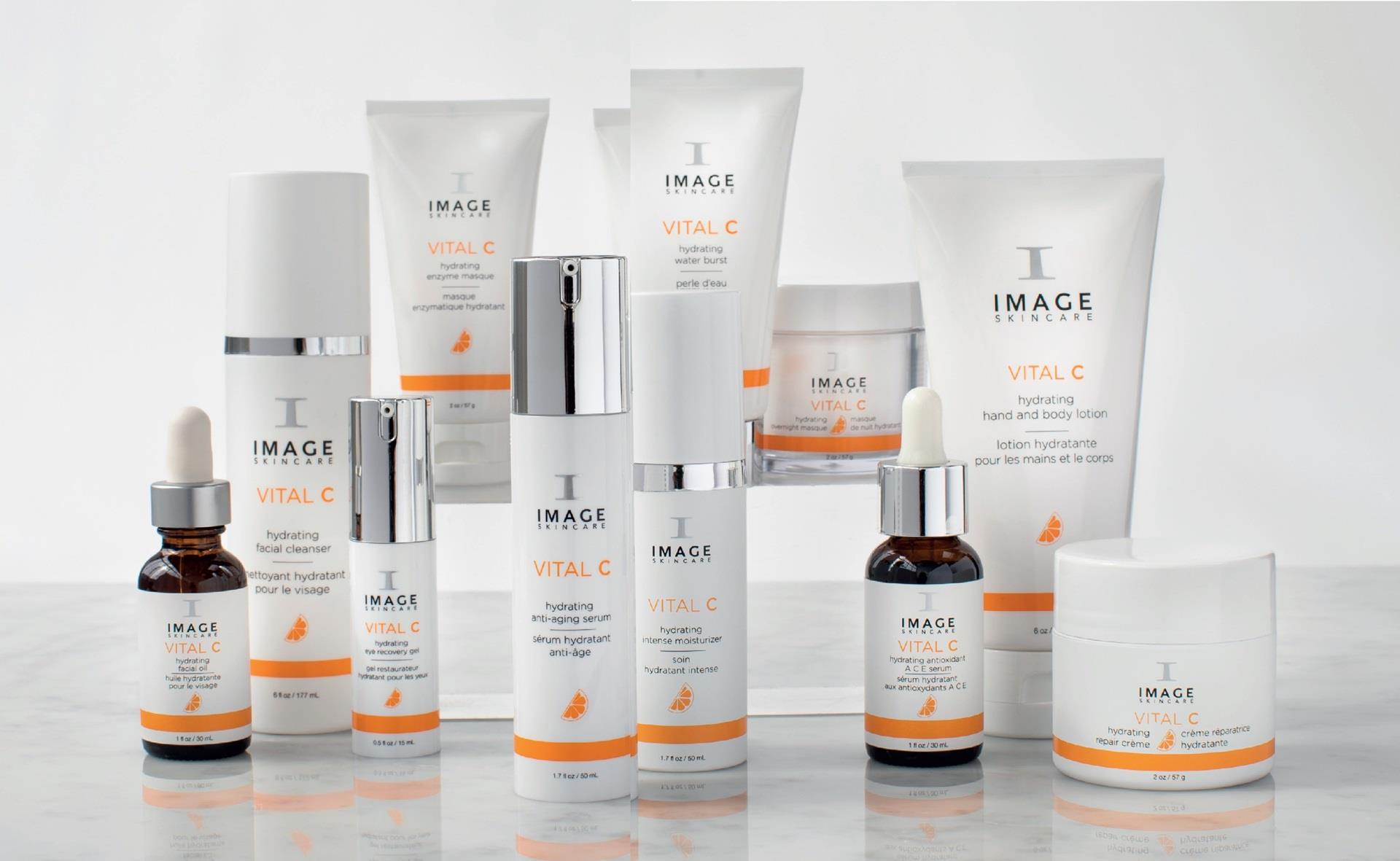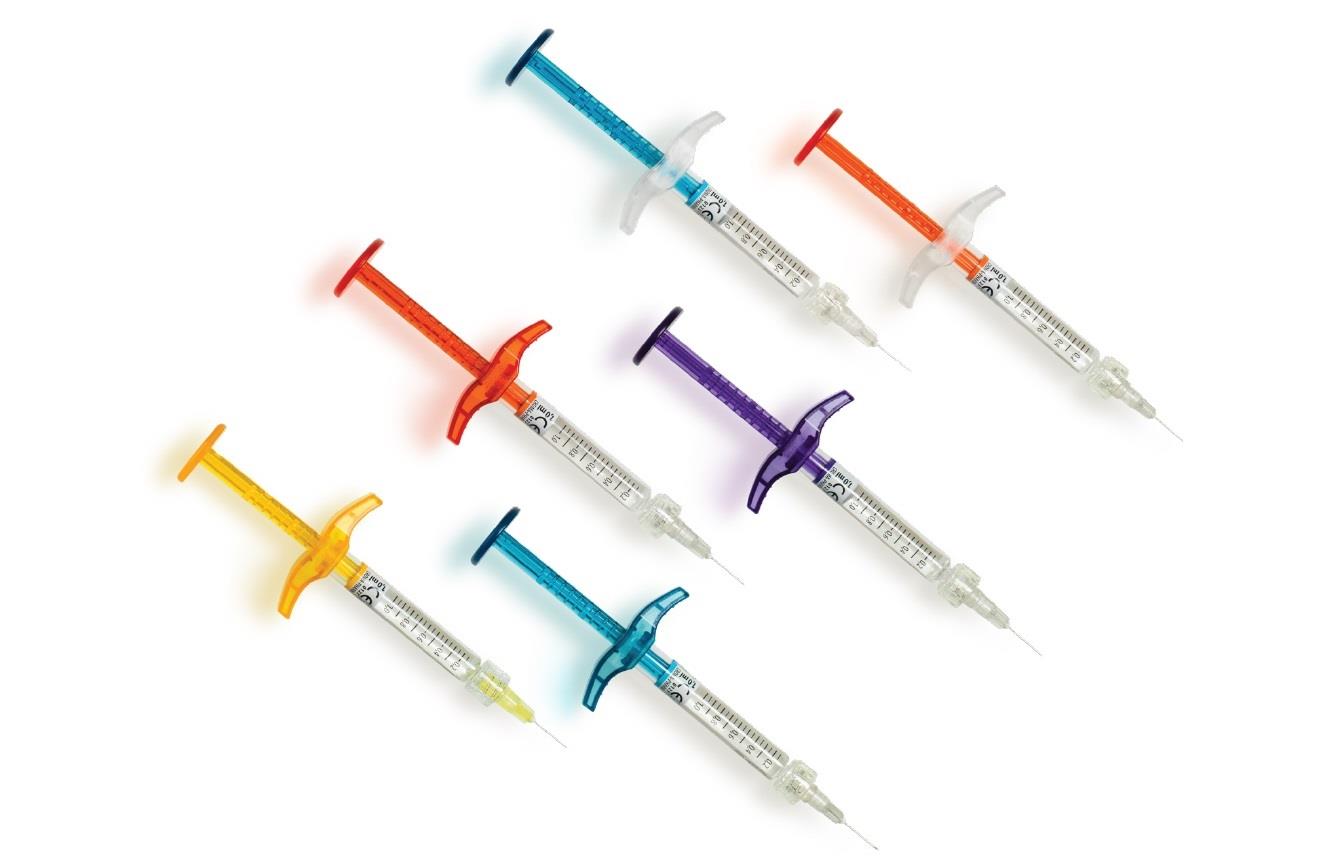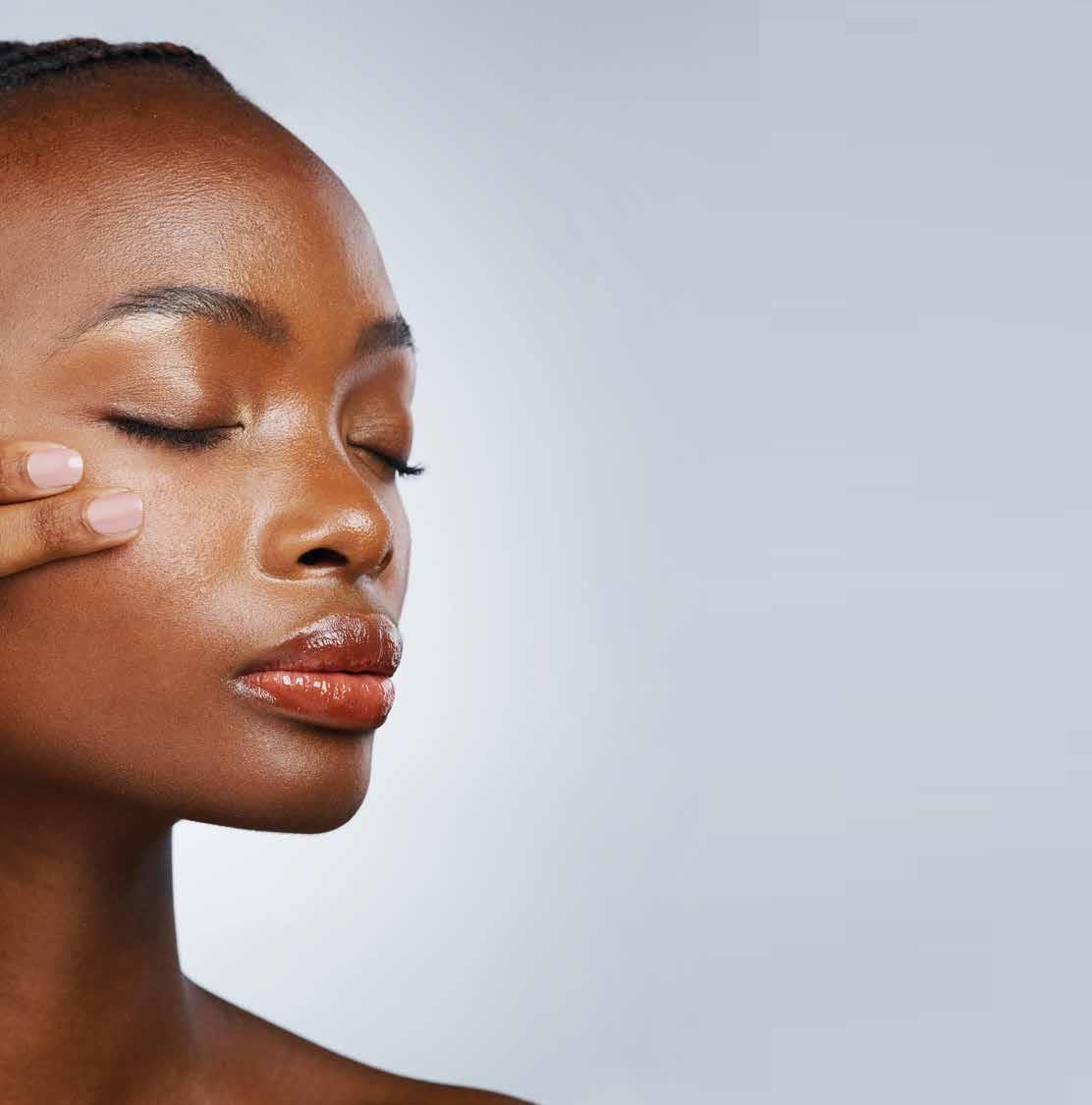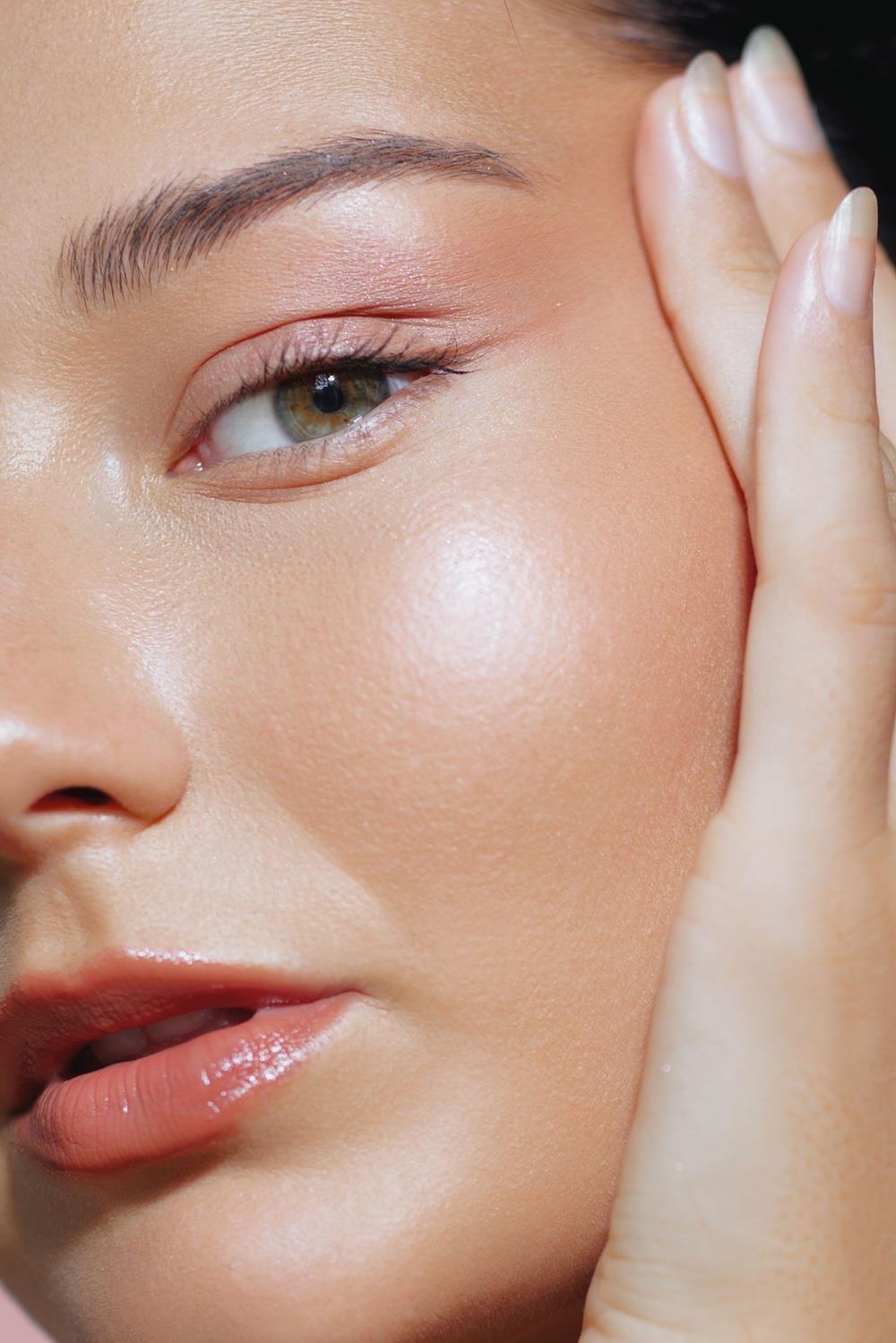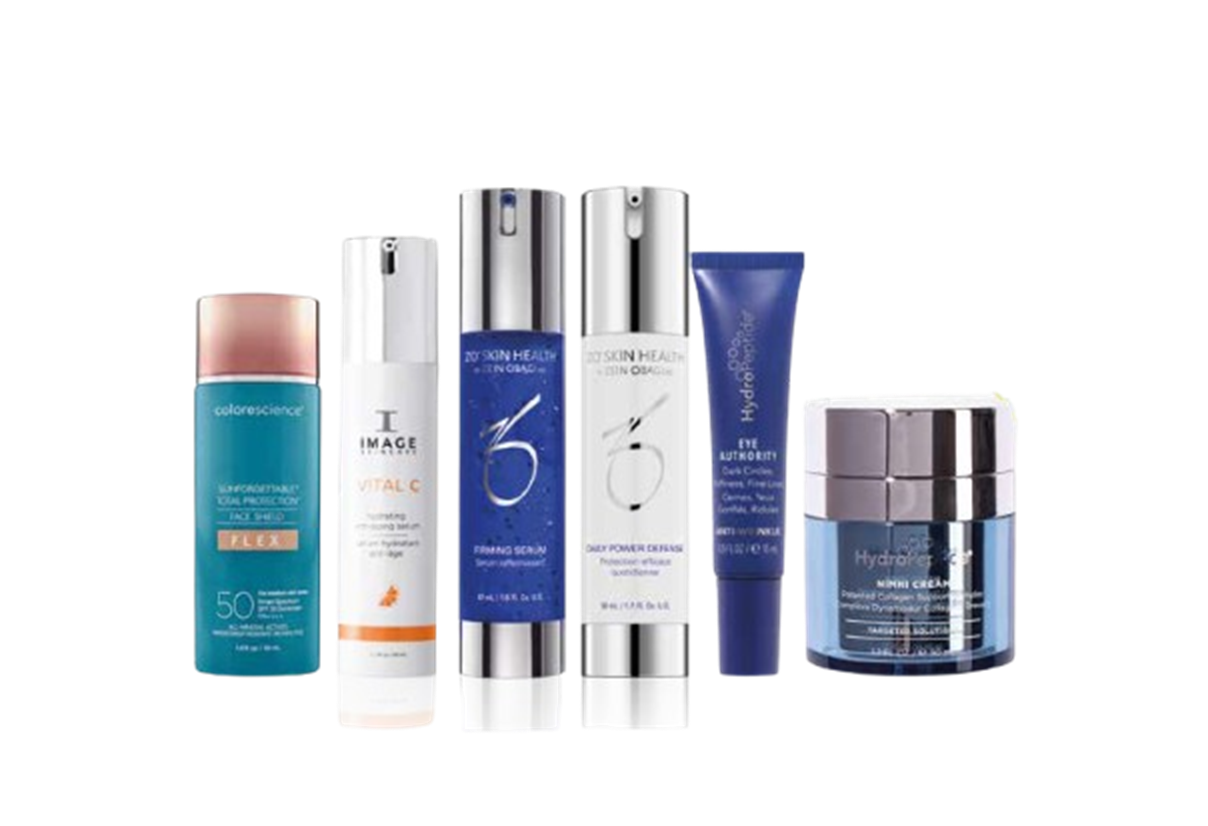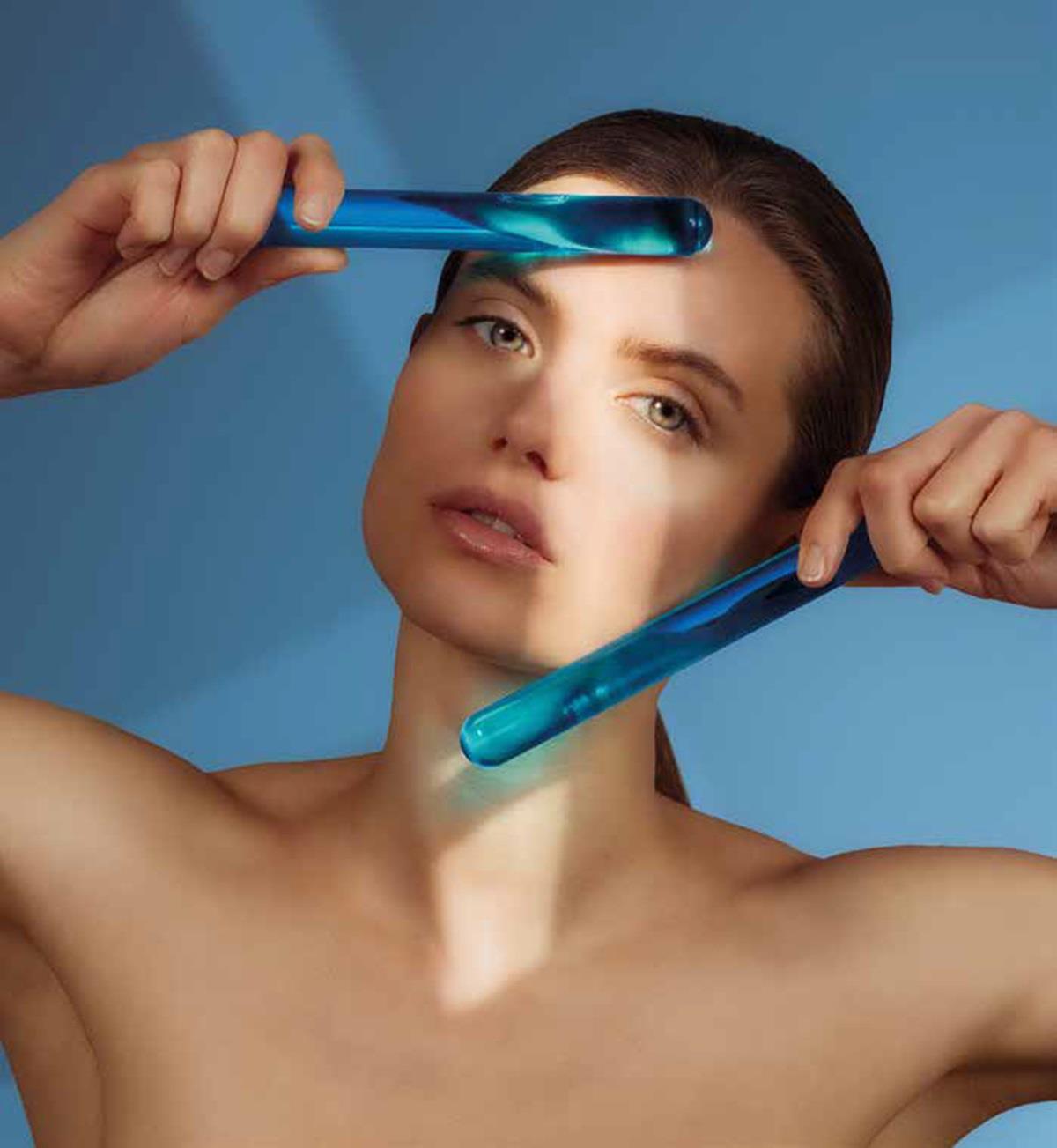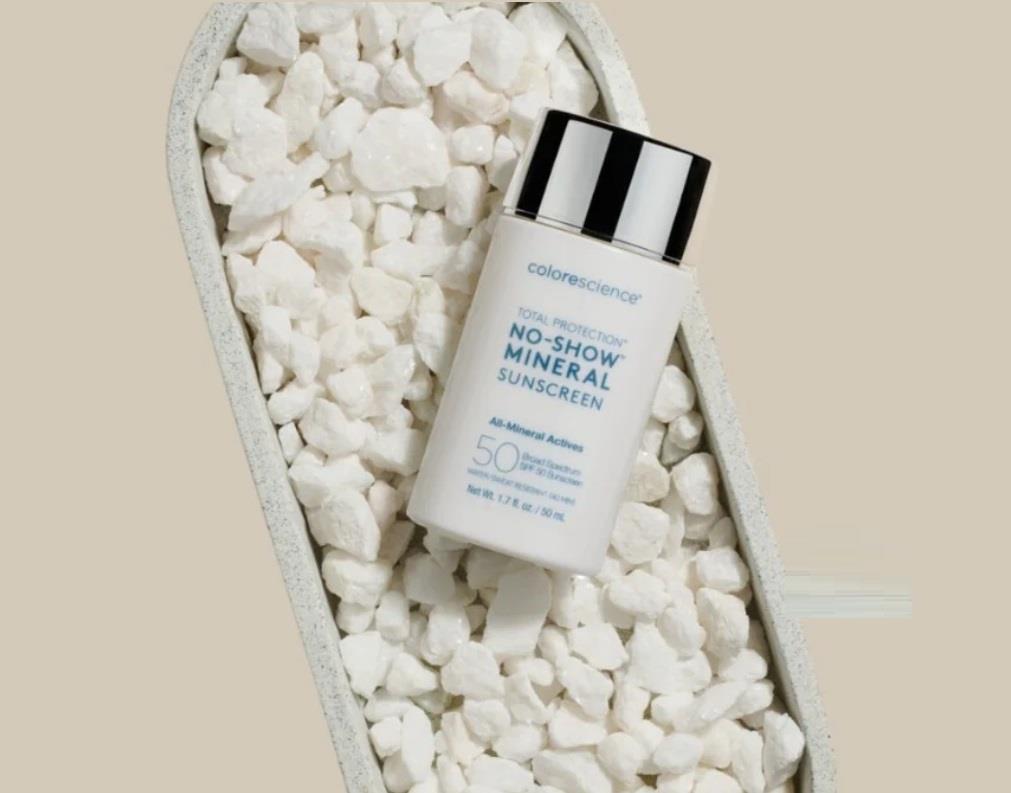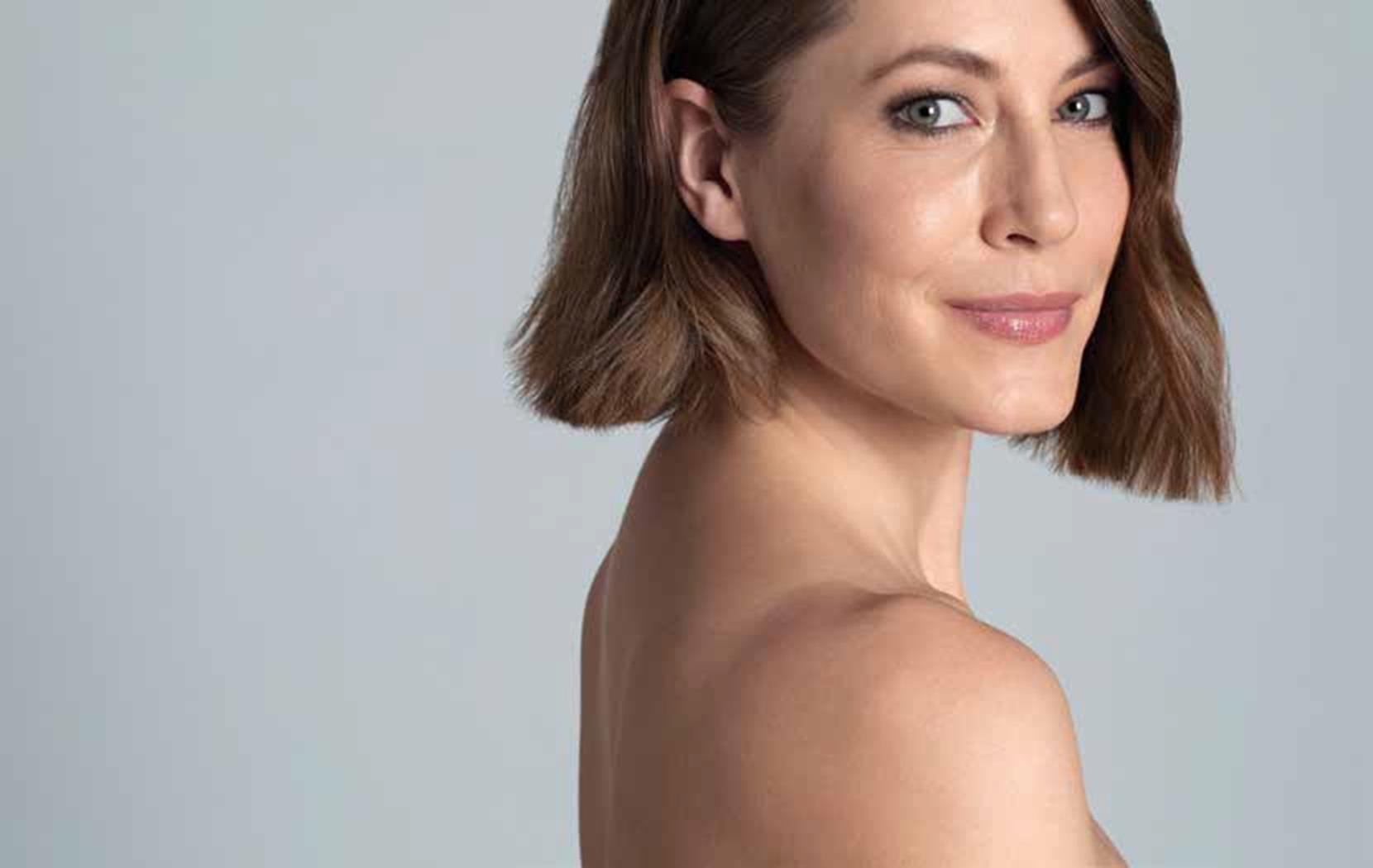We inherit genes that can impact all our organs, including the largest organ of all, the skin. But how much of our complexion’s health is down to genetics, and when do environmental factors and our treatment of it come into play?
Most experts tend to agree that it’s a healthy balance between the two, but genetics may have more to answer for than you’d imagine. “Genetics contribute substantially,” says Dr Raquel Amado, EV Expert, Director and Medical Practitioner at Dr Raquel Skin and Medical Cosmetics. “They play a significant role in skin health, influencing factors such as hydration, acne and rosacea.”
Dr Emmaline Ashley, EV Expert, Cosmetic Physician and Academic Lead at Acquisition Aesthetics, agrees that skin ageing is also heavily influenced by genetics. “There is some research that has shown up to 60 per cent of skin ageing variation between individuals can be attributed to genetic factors, while the remaining 40 per cent is due to nongenetic factors.”
She also notes that while it’s hard to quantify exactly, certain studies have also suggested the percentage is high in regards to certain skin conditions like acne. “We know there is a genetic component to acne, as the risk of adult acne is increased in a person if they have a relative with adult acne.” She adds: “Similarly, a study on rosacea indicated that approximately half of the factors affecting its pathophysiology were genetic, while the remaining factors were environmental.” It’s clear genetics play a key role, but is it possible to override them when it comes to skin conditions and ageing? .
“It’s not possible to fight genetics, says Dr Ashley, “but what you can do is give your skin its best opportunity to flourish by focusing on the things that you can control.”
Lifestyle choices
“The best advice for anyone who is genetically predisposed to skin issues is to first optimise your health in general– eat a nutritious, well-rounded diet full of antioxidants and hydrate, exercise and generally look after yourself,” says Dr Ashley.
These lifestyle choices are particularly important as you get older, with the environment playing a larger role later in life, explains Dr Ahmed El Muntasar, EV Expert, GP and Aesthetician. “As you enter your late 30s and early 40s, your environment contributes to about 60-70 per cent of ageing.”
This is especially relevant when it comes to staying out of the sun, which is important throughout your life (regardless of age). “In terms of factors that you can control, research indicates that chronic sun exposure is believed to contribute to 80 per cent of facial ageing,” warns Dr Ashley. With this in mind, ensure you limit UV exposure where possible and prioritise daily SPF use.
Topical products
“My best advice is that if you know you are predisposed to something like pigmentation or rosacea, you should get early expert advice about the best things you can be doing for your skin to prevent these conditions from occurring or worsening,” suggests Dr Ashley. This includes consulting a dermatologist or skin expert for a personalised skincare routine.
“Prevention is always better than cure; you can start incorporating active ingredients into your skincare in your mid-twenties–things like antioxidants to combat environmental pollutants (and thus, maintain the health of the DNA of the cells) and retinoids to protect your collagen bank.” Dr El Muntasar adds that salicylic acid and azelaic acid can help balance oil over-production that leads to acne; hyperpigmentation also benefits from the latter.
Smart treatments
While having a core skincare routine that works for you is of the utmost importance, sometimes there’s only so much topical products can do. Certain aesthetic treatments—if you choose to explore them—can work to improve skin for longer-term results.
“Consulting with an experienced aesthetic doctor can provide personalised recommendations,” begins Dr Amado, who adds that “regenerative aesthetic treatments like polynucleotides” are her “favourite way of improving all the conditions.” Dr El Muntasar adds that skin boosters (injectables usually featuring skin-enhancing ingredients such as hyaluronic acid) are also important.
The verdict
So, can you actually make genetics irrelevant when it comes to skin health and ageing? In short: no. However, there are many ways to improve your skin from a ‘nurture’ perspective, proving that environment is often just as important as DNA. “You can’t really ‘out-genetics’ genetics,” says Dr El Muntasar. “What you can do, is do the best that you can with what you have.”
“We can’t ignore the fact that the environment may have as much of an influence as genetics in both developing a condition, and in how severe it is,” notes Dr Ashley, with Dr Amado adding: “Ultimately, a combination of genetics and lifestyle factors shapes skin health, and a tailored approach to skincare and preventative aesthetic treatments can significantly impact skin’s overall condition.”
JOIN OUR EV EXPERTS EV is a unique online platform which offers practitioners digital solutions to move your business forwards. Designed by industry experts, EV publishes editorial with expert comment to make aesthetic procedures and products more accessible—to your future customers. Create a profile to be listed amongst our qualified medical aesthetic practitioners and connect with new customers today. EV can also provide bookings, consultations, marketing and CRM—and, its free to sign up! Find out more at etrevous.com/signup |  |
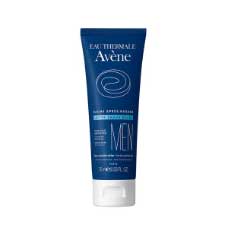
 Added to basket
Added to basket

 Unapplied Changes
Unapplied Changes


